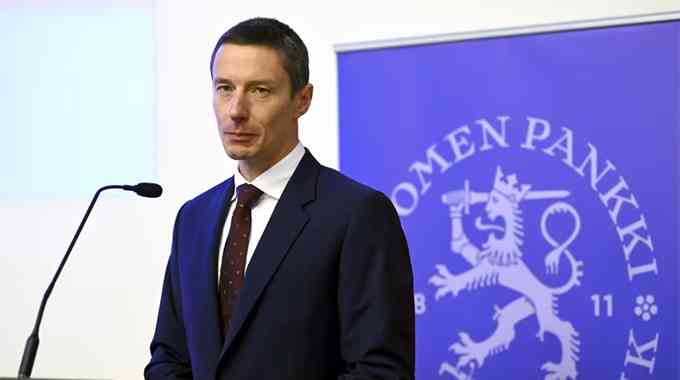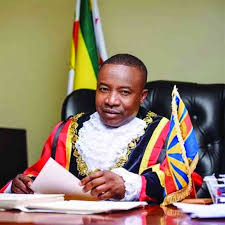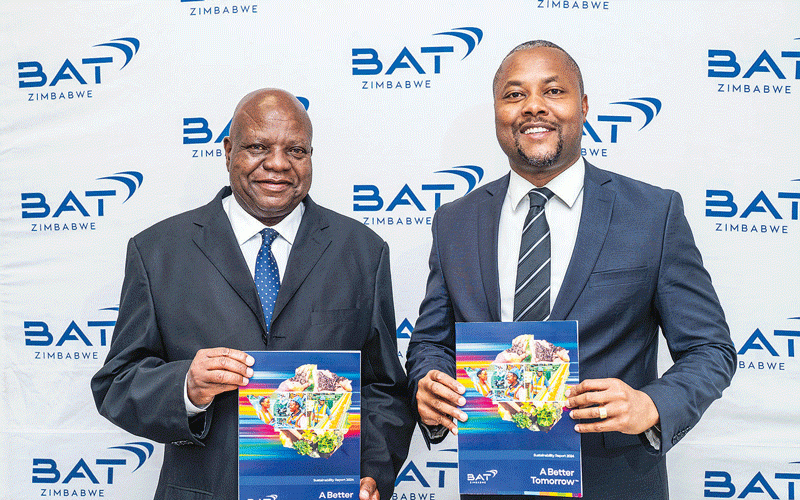ZIMBABWE is set to have a cassava ethanol producing plant to boost ethanol output as the country moves to accelerate mandatory fuel blending.
BY VICTORIA MTOMBA
In an interview on Tuesday on the sidelines of the National Energy Efficiency Audit, Ministry of Energy and Power Development director for policy planning Benson Munyaradzi said the government wants to have more players that produce ethanol in the country.
“One company wants to set up an ethanol-producing plant in Mashonaland Central. I cannot give you the name as of now. The discussions on the cassava ethanol plant are at an advanced stage,” Munyaradzi said.
But Zimbabwe Energy Regulatory Authority chief executive officer Gloria Magombo said the regulator was not aware of any new company intending to get into cassava ethanol production.
“We have not received any application, maybe the government has received it. Companies cannot start with us as they have to come with proper plans to us, not ideas. We do not license ideas,” Magombo said.
Keep Reading
- Chamisa under fire over US$120K donation
- Mavhunga puts DeMbare into Chibuku quarterfinals
- Pension funds bet on Cabora Bassa oilfields
- Councils defy govt fire tender directive
Green Fuel is currently producing ethanol which is used for mandatory blending. But the company has in the past failed to supply the market forcing government to cut mandatory blending.
The country has been a major trend setter in bio fuels in the region when it started blending in the 1980s.
Although the introduction of bio fuels has not been smooth sailing, Zimbabwe is still ahead of its counterparts in the region.
The bio fuels project has been derailed because of funding constraints. The government introduced mandatory ethanol blending in 2013 at E5 and now it is at E15.
Meanwhile, government is looking forward to review electricity tariffs so that they are in line with market trends.
Munyaradzi said government last reviewed tariffs two years ago. He said there were a number of new power stations necessitating the need to review the tariffs so that the loans would be serviced.
“The power tariff is currently at 9 cents per kilowatt hour and the best tariff will be 12 cents per kilowatt hour,” Munyaradzi said.
He said the cost of supply study showed that the power tariff can be 14 cents.





